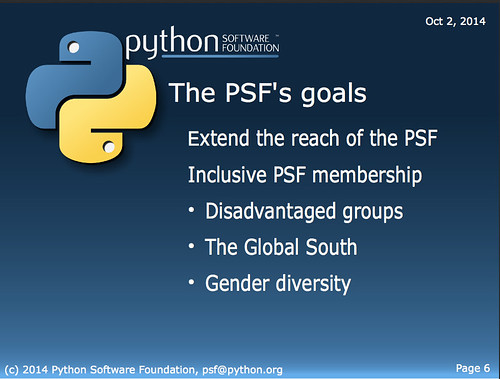Wednesday, May 13, 2015
Voting Machines
Those of you US people without amnesia (Gore Vidal said this was the United States of Amnesia we live in, if you'll recall), may remember the voting machine fiasco.
We all lost confidence in the machines because they would not share the algorithms or submit to auditing by students of computer science, who might be high school aged.
One of the nonprofits I work with is experimenting with state of the art e-voting software that not even an election administrator can rig.
It's a vote-by-email type of system, with one ballot going out to each eligible person. I'm not saying it's either fool proof or applicable in its present form to just any election for whatever office.
DemocrayLab is the NGO I've written about most in connection with providing "democracy in a box" ideas, i.e. turn-key software that's democracy-enabling.
However eVote and Helios are already open source, not saying you need to bother Mark just because you're interested in either of these two packages.
Every high school needs voting machines as a part of its civics curriculum, with votes counted often, on myriad topics, experimenting with different modes.
In some systems, even the voters are secret e.g. you don't know who in the audience is really the critic for the New York Times.
With Quakers, we tend to move by consensus but that only works in a non-trivial way when the players are communicative.
When people stay strangers, you lose a lot of the inertia that comes from shared access to organizational memes.
That's why companies do team building and such, even encounter groups in some walks of life, to break down the barriers to speedy / timely / efficient communications.

